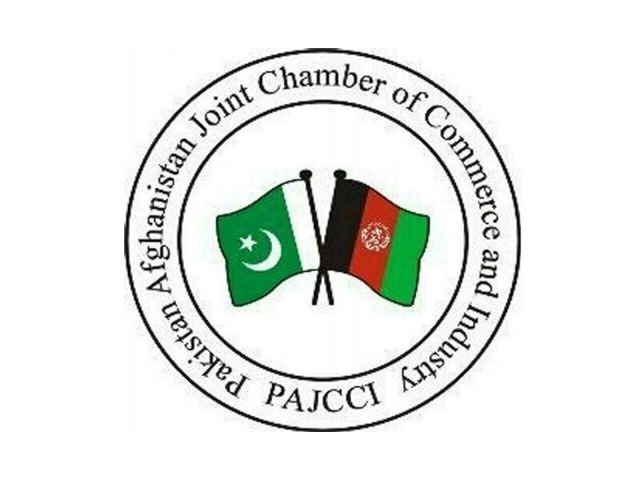KARACHI: Local traders have stated that the imposition of a new tax on trade through Khyber Pakhtunkhwa (KP) and other restrictions are negatively affecting bilateral trade with Afghanistan and Central Asian countries.
In a statement, Junaid Makda, President of the Pakistan-Afghanistan Joint Chamber of Commerce and Industry (PAJCCI), said that the two percent infrastructure development cess (IDC) on trade via KP has hampered the growth of bilateral trade.
The levy, imposed earlier this year by the KP government, has created a “double taxation burden” on traders, as they are now required to pay taxes on imports in both Karachi and Peshawar. This has placed KP-based businesses at a “competitive disadvantage,” Mr. Makda added.
He also highlighted that inconsistent cess policies across provinces have led to legal challenges and conflicts with the Afghanistan-Pakistan Transit Trade Agreement. The uneven regulatory environment is causing trade to shift away from KP, with Afghan traders exploring alternative routes, including through Iran, due to additional costs at Torkham.
He emphasized that trade between Afghanistan and Pakistan could potentially reach $7 billion but has not grown due to restrictive government measures. He pointed out the imposition of three Statutory Regulatory Orders (SROs)—1380(I)2023, 1397(I)2023, and 1402(I)2023—issued in October 2023, which restricted imports and exports to and from Afghanistan.
SRO 1380(I)2023 introduced a 10 percent processing fee on items such as confectionery, footwear, machinery, blankets, home textiles, and garments imported into Afghanistan through Pakistan. SRO 1397(I)2023 banned the import of tyres, black tea, dry fruits, fabrics, cosmetics, vacuum flasks, and home appliances via Pakistan. Meanwhile, SRO 1402(I)2023 introduced new regulations on bank guarantees for Afghan transit trade goods.
Mr. Makda argued that these measures are harming the economy and threatening Pakistan’s position as a regional trade leader. While he supports the documentation of the economy, he stressed that these policies are inadvertently encouraging informal trade channels.
He called for uniform policies aligned with federal guidelines to ensure a fair and stable trade environment. Mr. Makda also urged the government to implement a comprehensive action plan to eliminate the IDC and trade barriers affecting Pakistan’s exports.
The PAJCCI, with the Ministry of Commerce’s support, continues to work on strengthening economic cooperation between Pakistan and Afghanistan, as well as addressing cross-border trade challenges.




